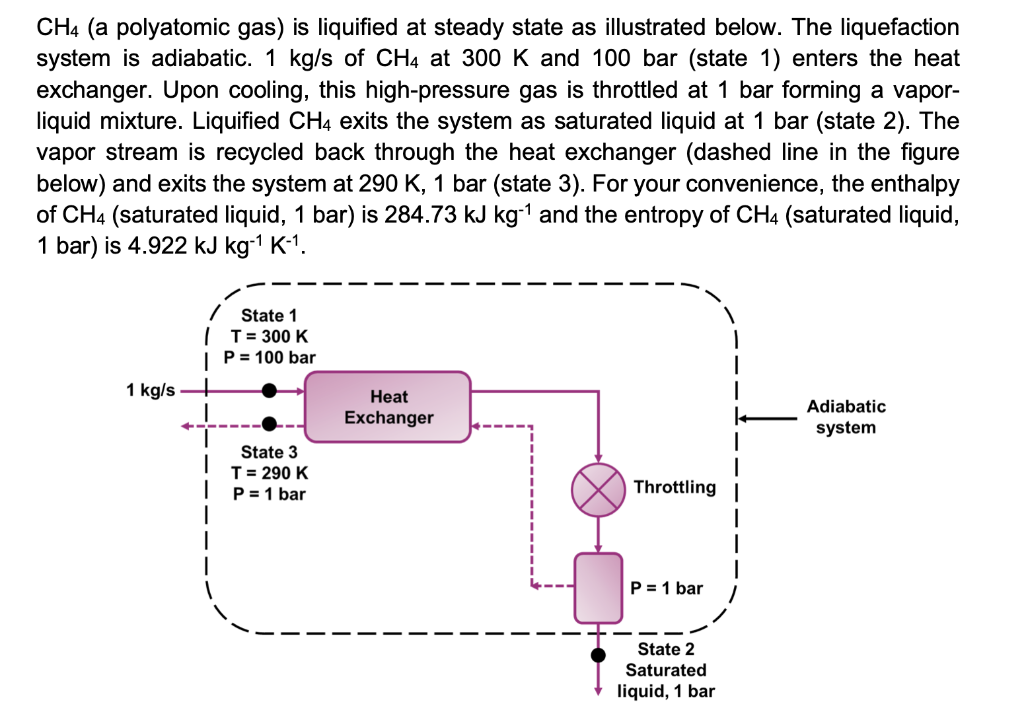Answered step by step
Verified Expert Solution
Question
1 Approved Answer
CH4 (a polyatomic gas) is liquified at steady state as illustrated below. The liquefaction system is adiabatic. 1 kg/s of CH4 at 300 K and


Step by Step Solution
There are 3 Steps involved in it
Step: 1

Get Instant Access to Expert-Tailored Solutions
See step-by-step solutions with expert insights and AI powered tools for academic success
Step: 2

Step: 3

Ace Your Homework with AI
Get the answers you need in no time with our AI-driven, step-by-step assistance
Get Started


